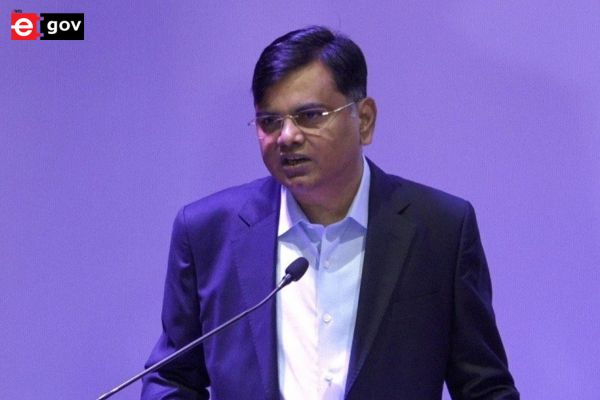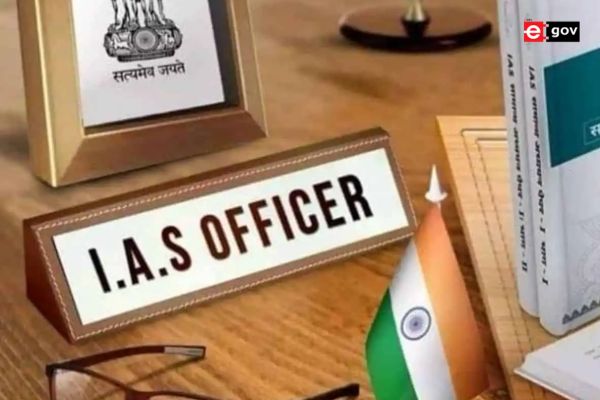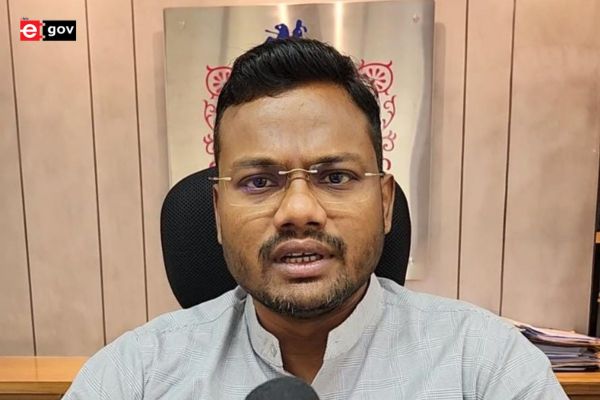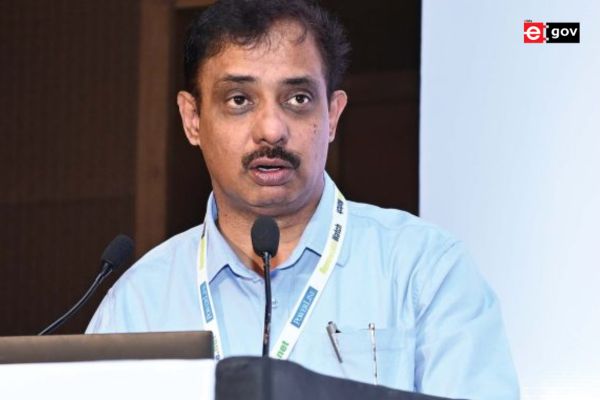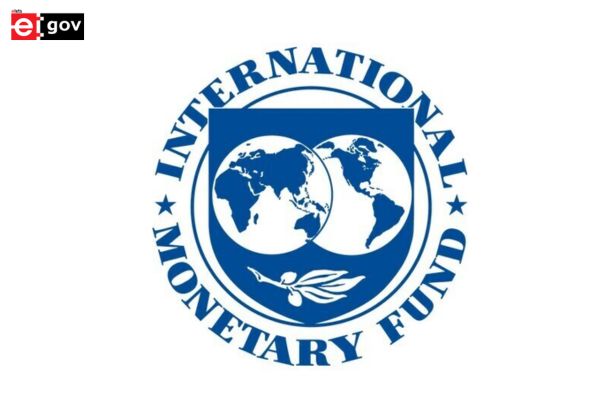
In a firm diplomatic move, India on Friday opposed the International Monetary Fund’s (IMF) proposal to provide a fresh loan package totalling USD 2.3 billion to Pakistan, warning that the funds could potentially be diverted to fuel state-sponsored cross-border terrorism.
Abstaining from a critical IMF board vote, India expressed deep reservations about Pakistan’s historical misuse of international financial assistance. In a detailed statement, the Ministry of Finance underscored concerns that the IMF programme could enable financing of activities contrary to international peace and stability, particularly terrorism.
“As an active and responsible member country, India raised concerns over the efficacy of IMF programmes in the case of Pakistan, given its poor track record, and also over the possibility of misuse of debt financing funds for state-sponsored cross-border terrorism,” the ministry said.
The IMF board convened to discuss the continuation of Pakistan’s USD 1 billion Extended Fund Facility (EFF) and a proposed USD 1.3 billion under the Resilience and Sustainability Facility (RSF). While India did not exercise a veto, it formally abstained and lodged a strong protest.
India warned that greenlighting funding for a country accused of cross-border terrorism would set a “dangerous precedent,” potentially compromising the credibility of global financial institutions and sending the wrong signal to the international community. The Ministry of Finance further highlighted that “fungible inflows” from multilateral institutions could easily be misappropriated for military objectives or terror-linked operations.
India’s statement also pointed to a systemic flaw in IMF procedures. “This is a serious gap highlighting the urgent need to ensure that moral values are given appropriate consideration in the procedures followed by global financial institutions,” it read.
The timing of India’s objection is notable, coming shortly after a deadly terrorist attack on April 22 in Pahalgam, Jammu and Kashmir, which resulted in the death of 26 tourists and heightened bilateral tensions between the nuclear-armed neighbours.
India also raised alarms about the entrenched role of the Pakistani military in governance and the economy. The statement noted that even under civilian administrations, the army continues to wield excessive influence and plays a central role in key economic bodies such as the Special Investment Facilitation Council.
Citing a 2021 United Nations report, India described the military’s economic footprint as the “largest conglomerate in Pakistan,” adding that the situation has since worsened.
India also referenced findings from an IMF evaluation of prolonged lending, which indicated that political considerations have skewed IMF decisions in Pakistan’s favour. The repeated bailouts have created a situation where Pakistan has become a “too-big-to-fail” borrower, despite growing debt vulnerabilities.
India’s sharp dissent underscores its broader call for reforming global financial oversight and ensuring that international aid does not inadvertently support instability or terrorism.
Be a part of Elets Collaborative Initiatives. Join Us for Upcoming Events and explore business opportunities. Like us on Facebook , connect with us on LinkedIn and follow us on Twitter, Instagram.
"Exciting news! Elets technomedia is now on WhatsApp Channels Subscribe today by clicking the link and stay updated with the latest insights!" Click here!






